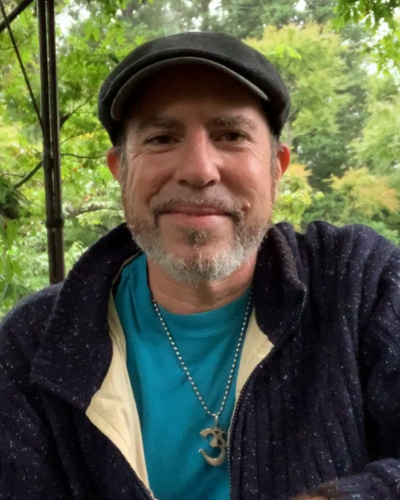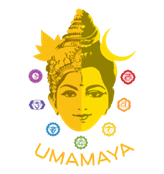My daughter will be seven years old soon. I began introducing her to herself at around three when she began coming into that stage of losing control in sudden fits of negative emotion. Absolutely normal childhood progress according to all of the parenting psychology magazines… however my own heart would break to watch her growing up under the whim of physiological development with no personal say in how she felt at any given moment. I decided to rectify this immediately by letting her know in the simplest terms possible, that she did indeed have a say in how she feels.

Teaching Heart Magic First
In her room she has a small circus tent filled with stuffed animals. It’s a bright pink, magical place. One day when a mood had come upon her, perhaps for not being able to receive a candy or some other immediate desire, I saw the look of sadness and frustration on her face that soon threatened to overwhelm her and told her quite simply. “Baby, you don’t have to feel that. You can feel anything you want. You can feel happy if you want to. Try this. Go inside your tent. Close your eyes for a moment and find your happy. Change to that happy feeling.”
Over several weeks I repeated the teaching at various opportunity, in various simple terms. She got it rather quickly. And she employed it on her own. Being very fond of magic, the delivery of love or courage or bounty via her magic wand, she was quick to take up the exploration of her own self, too.
We teach her about her potential in a way that most parents do, I believe. We show her that through effort she may accomplish many things, and some she might not. We teach her the physical laws of the universe, the dangers of gravity and entropy, carelessness and the benefits of mindfulness, attention and patience. We show her the meaning and power of choice, let her know that her voice is something we respect and listen to her expressions very closely, speaking to her honestly about what she sees and feels. We speak to her with vocabulary that she can understand, only sometimes giving her a new word or concept to mull over in her developing brain. Concepts like the value of her word and the importance of integrity. We show her that the use of her word will have very real implications on how her immediate reality is going to manifest.

Baby Wants a Flower
Last week baby wanted a flower so we took a walk to the florist together. There she chose a flower for herself and one for her mother. I asked her if one was enough and whether or not she may like some more. She refused, satisfied with her choices. I then chose two more flowers for our family altar. She told me they were good choices, beautiful flowers, and hoped I would decorate the altar with them. She admired the beauty. I asked her again if she would like another, similar one for her own room and the altar on which she keeps her most prized toys and decorations. She said she needed no more. I felt we had done a good shopping and she seemed very satisfied. When we got home, she immediately asked that I give my flowers to mommy and let her decorate the living room with all the flowers we had bought. I said no. I would be keeping the two I purchased for the altar and decorate them there. She didn’t understand. She imagined in her child mind that such a change of heart was not out of the question and why on earth should I refuse. Thus began a small talk in the power of choosing our words and the effect that these word choices have on the manifestations of our reality.
How do I teach my children self-realization? It is a difficult and excellent aspiration. The child is very much at One with the Nature already, however is slowly, gradually and definitively being molded by daily experience. The separation is happening. And it must, of course. The human being must grow with a healthy sense of personal identity, within the dualist dichotomy, if only to get along in the world. But as the question suggests, a teaching of the greater reality, and the subtitles of the inner reality, may begin as soon as the parent is able to embark on that guidance and education. It begins with introducing the child to themselves, to their body, their mind and their emotion. It begins with an introduction to nature and the inter-connection of these four.
Be careful! The child knows a lot more than you might realize. They are wise without words, seeing at levels you may have forgotten about already. Be careful that in your quest to teach self-realization that you are not merely compounding the child’s developing belief system with your own developed sense of morals and ethics. Certainly that is part and parcel of the upbringing. But in self-realization there is a very real knowledge of freedom of being, too. That freedom, the child already knows, viscerally, so be careful how you balance your teaching as sometimes you may have to step on their toes. Gently.

…is a Saiva Tantrika, Gyana Yogi and founder of Uma Maheshwara Yoga & Ayurveda. David has an MA in Semiotics, lives in Japan with his family and works as a coach in L & D, devoting his time to developing science-based tools and programs that help people reach the fullest potential of the human condition.
Discover more from REAL YOGA
Subscribe to get the latest posts sent to your email.

